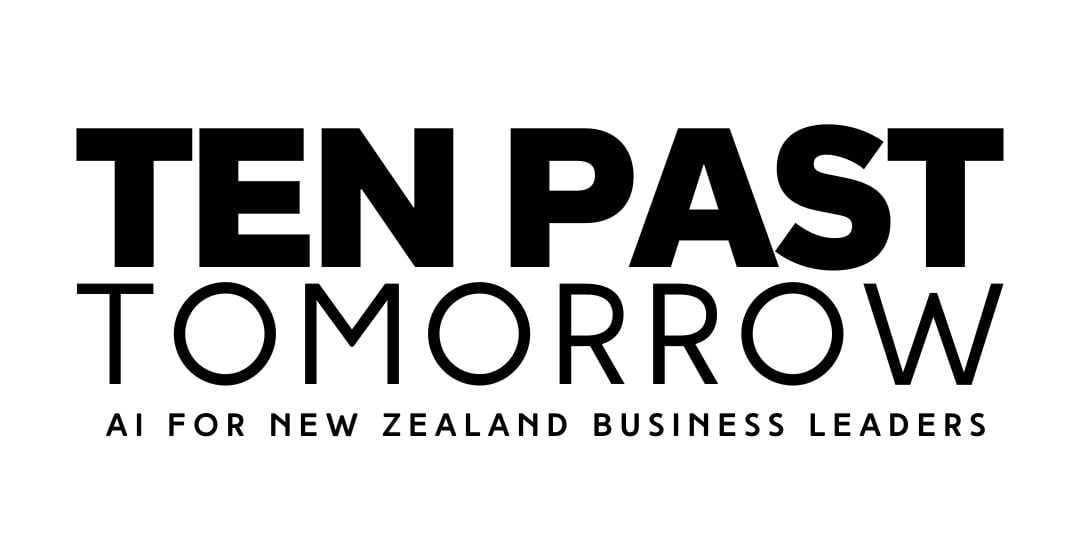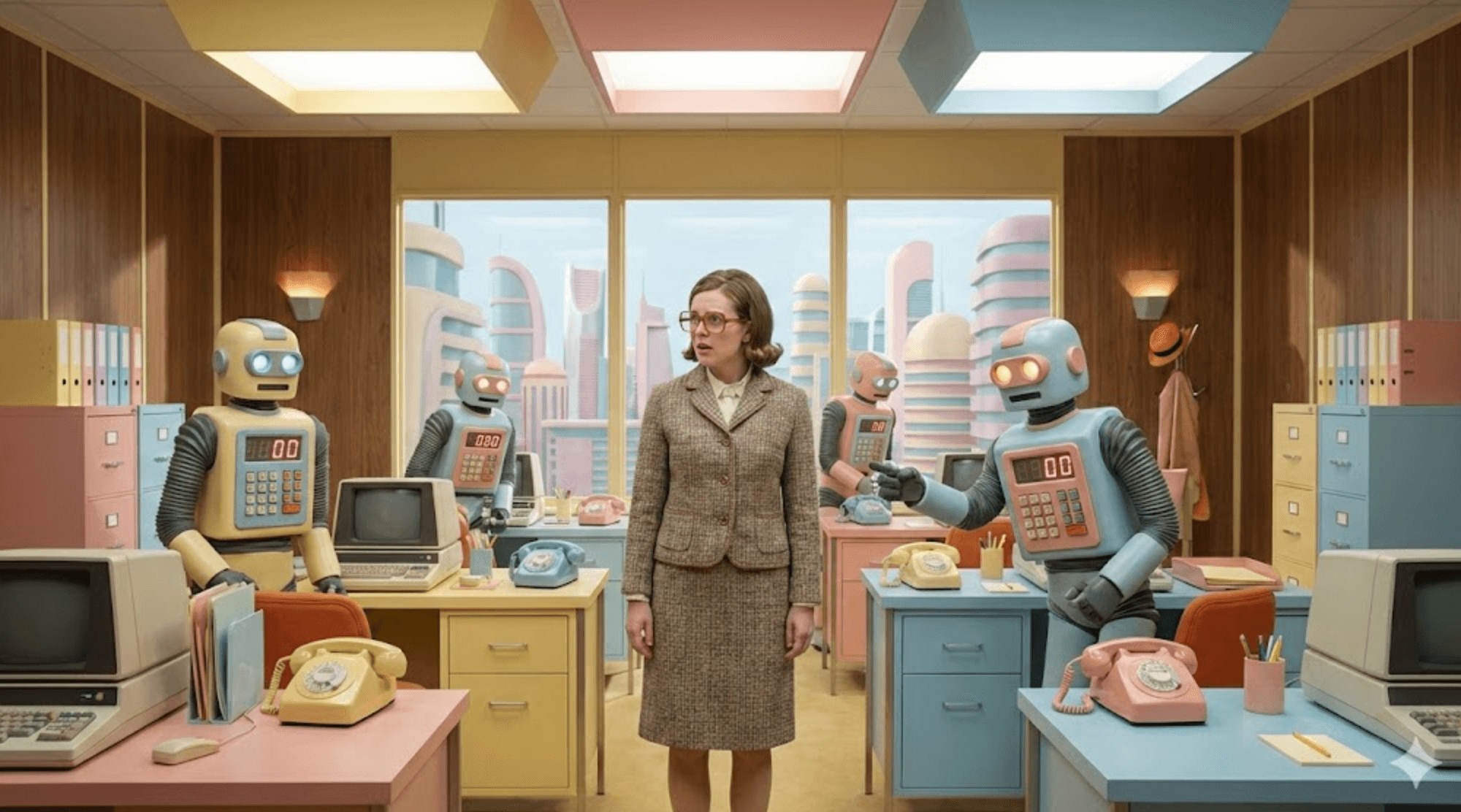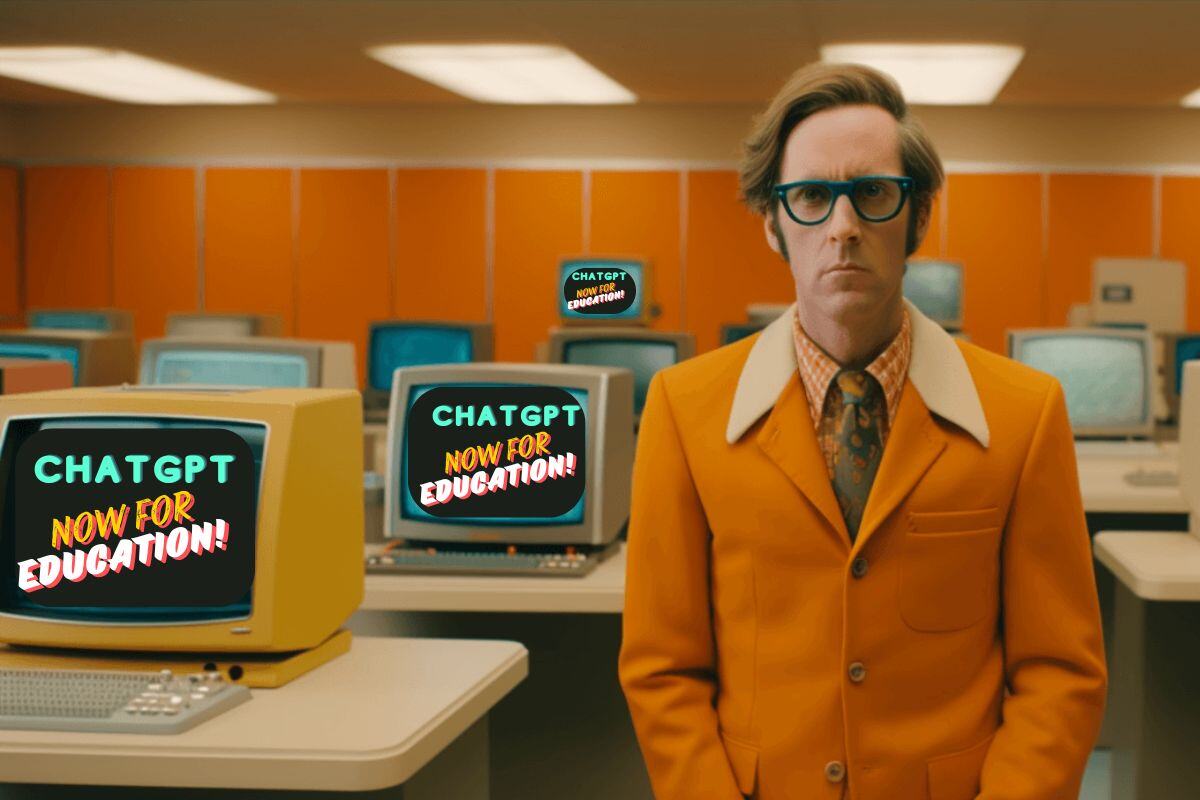AI is a threat to the greatest business model of all time
For a couple of decades now, the phrase “Google it” has been part of our collective vocab, as shorthand for finding information online.
But times are changing.
According to projections this month by digital marketing research firm eMarketer, Google’s share of the US search advertising market could drop below 50% next year — marking the first time in over a decade that the tech giant would hold less than half of the market.
Another recent study showed that younger generations, like Gen Z and Gen Alpha, aren’t using “Google” so much as a verb. Instead, they’re simply “searching.”
This shift isn’t just semantics.
It reflects a broader trend where traditional search methods are being replaced by AI-powered alternatives like OpenAI’s ChatGPT and Perplexity. These tools, designed to answer questions in natural language, are quickly reshaping how people interact with information online.
With AI-powered “answer engines” now taking the spotlight, what does this mean for us as businesses and individuals who have relied on Google for years?
To understand that answer, we first have to understand the fundamental differences between these new AI tools and how they contrast the traditional approach to search that we’ve become so accustomed to.
The beginning of the end for Google’s search monopoly?
Google’s dominance seemed unassailable for so long.
It was, literally, the greatest business model ever built.
From organising the world’s information to refining algorithms that have become the backbone of digital marketing, the company has held a firm grip on search for years. However, eMarketer’s forecast indicates that Google’s reign is not as secure as it once was.
Why the shift?
Well, for one, generational preferences are playing a significant role.
Gen Z and Gen Alpha, having grown up in a world of instant access and hyper-personalisation, expect more from their search experiences.
They don’t just want links — they want answers.
And this is where AI tools like Perplexity and ChatGPT come into play. Google has always provided a list of links that we, the human, have had to go and sort through and synthesise our own answers from an amalgamation of all the information sources provided.
Now, the new AI-powered “answer engines” offer conversational responses, guiding us through a dialogue rather than simply pointing us in the direction of information.
I can see a parallel in what happened during the early days of computing.
In the 1970s, IBM was the undisputed leader in computing with its mainframes, but as personal computers gained popularity in the 1980s (even though they essentially created the PC themselves and sat on the tech), IBM’s dominance faltered.
As we watch, the rise of AI-powered search tools could be a re-telling of that story.
The market is shifting away from traditional search engines towards platforms that offer more personalised and interactive experiences.
Why AI is changing how we search
AI-powered answer engines are revolutionising search by re-imagining the experience altogether.
Rather than forcing users to sift through dozens of search results, these tools cut through the noise on our behalf, and give us curated and conversational answers that feel more human.
Perplexity, launched in December 2022, is a standout example. Although it remains relatively niche, especially compared to ChatGPT and Google’s Gemini, it’s growing fast among AI experts and enterprises.
In fact, according to Section’s recent AI Proficiency Survey, 33% of AI experts use Perplexity regularly, even though only 5% of the overall workforce does. This shows a trend; those who understand AI deeply are gravitating towards Perplexity. For a reason.
Personally, I’m finding Perplexity to be much more than just a “search engine”.
For me, it’s become an AI-powered personal research assistant.
Using it, I can get so much deeper, faster, than I ever could using Google. And I can explore twists and turns in my research, diving off down rabbit holes nimbly, because of the conversational interface that allows me to ask follow-up questions easily and intuitively.
The feeling of asking a question and instead of being served a list of links (and 20 ads!), having the AI scour the web for relevant information, summarise key points from multiple sources, and give me a cohesive answer, is quite something.
And crucially I also get a citation trail, allowing me to verify the sources of the AI’s research.
This is super important, particularly as we acknowledge that AI responses are still plagued by challenges of “hallucinations”, meaning answers are not always 100% accurate and even when they are, they still suffer from the feeling that the answers come from opaque “black boxes”.
By contrast, Perplexity feels transparent, allowing us to see exactly where its information is sourced.
How power users are benefiting from Perplexity
It’s worthwhile reading this blog post from Section, a great AI educational platform.
In it, they explain how Perplexity has become an integral part of their internal research process.
While only 46% of the team uses Perplexity (compared to over 80% who use ChatGPT), those who do use it have found it invaluable as a research assistant.
They talk about how the platform is particularly useful for finding current data, headlines, and quotes, which helps their team update AI courses and case studies on a regular basis.
Previously, tasks like fact-checking, gathering sources, or analysing data would have been assigned to entry-level research analysts. Now, Perplexity takes on much of that workload, freeing up time for employees to focus on higher-level tasks.
For the team using Perplexity, it has replaced up to 20% of their Google search volume
While I think that number is a nod towards the growing role of AI tools in professional workflows, it feels light.
My own experience has been more like Perplexity and other AI tools (eg ChatGPT, Claude, Google Gemini) are replacing up to 75-80% of my search queries that I would have previously “Googled”.
The future of search is AI-driven
As I’ve watched this “search engine vs answer engine” landscape develop, even just during the course of 2024, it’s becoming clear to me that the answer engines like Perplexity (and to a lesser extent ChatGPT) are not just alternatives to Google.
They are actually redefining the way many of us search.
And I don’t see this trend reversing, or even slowing down.
Search is no longer about finding links (particularly for younger generations); it’s about getting direct, conversational answers.
I can only see this accelerating, spreading into other generational demographics and becoming much more prevalent as an essential workplace tool, especially as AI tools continue to improve their ability to process complex queries with advanced “reasoning”, interpret data, and provide personalised insights.
Will Google be able to maintain its relevance in this new era of AI-driven search? **
Or are we witnessing the early stages of a bigger shift that will see traditional search engines fade into the background?
These are the questions that the AI evolution is asking of us as individuals and businesses. (And the answers aren’t easily Googled.)
---
** Part of the nuance of this topic (but a discussion that will have to wait for another day), is the fact that Perplexity is actually built by tacking together Google and ChatGPT in the background. Literally, not metaphorically. When you do a search in Perplexity, in the back-end of the product it uses Google to do the search, and then OpenAI models to do the reading and summarising of the web pages, before it presents its answer to you. So, although in this article I’ve presented the scenario as a “Google vs AI startups” situation, in reality Google continues to hold most of the cards in this game. They themselves are deep into an evolution of their traditional search experience, moving towards an AI-driven “answer engine” experience too. So in an almost unprecedented situation, I think Perplexity, which is currently valued at $1 billion, has an equal chance of being a trillion dollar company or obsolete and bankrupt in 5 - 10 years time.






